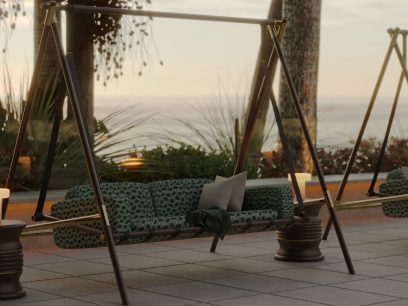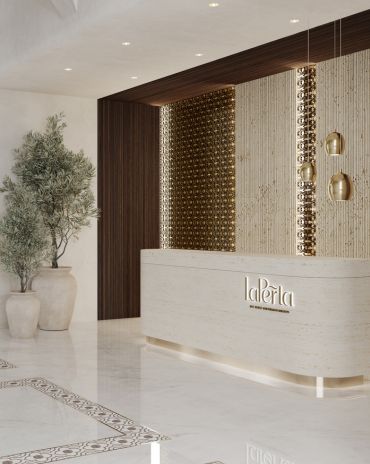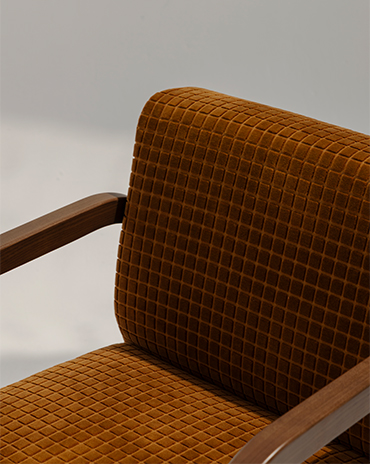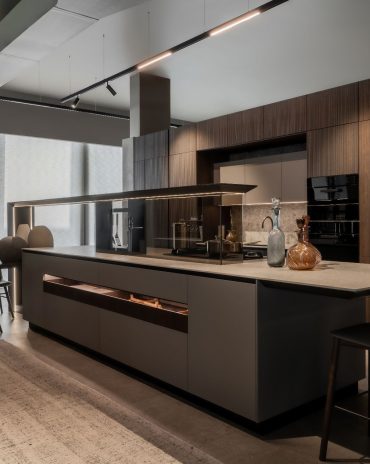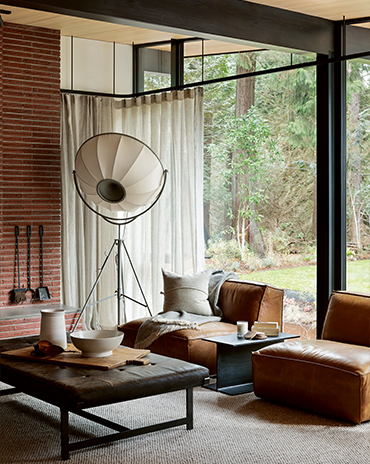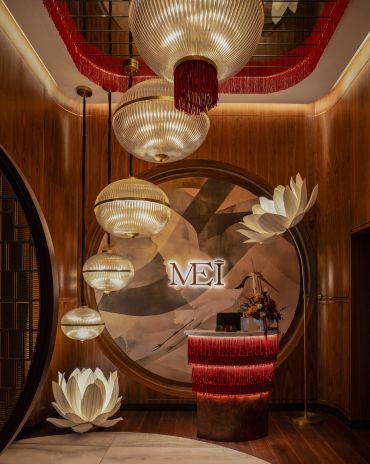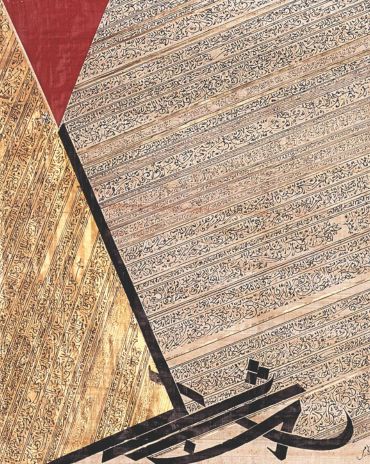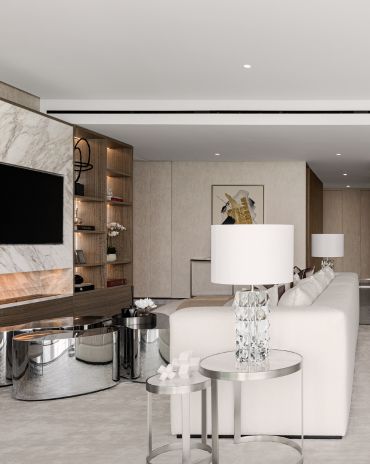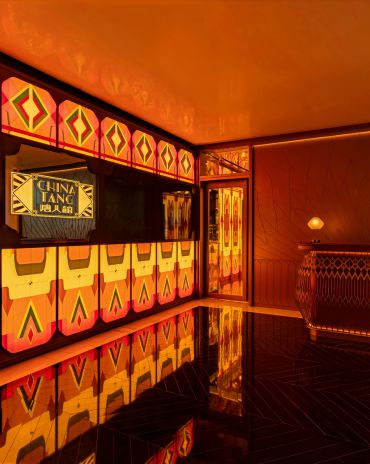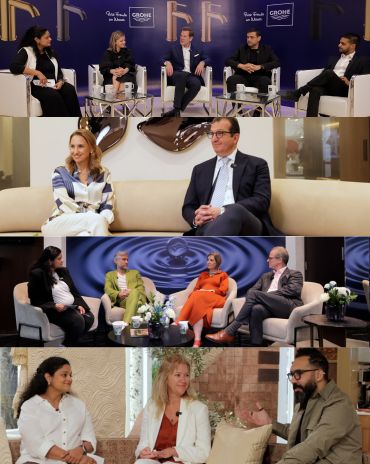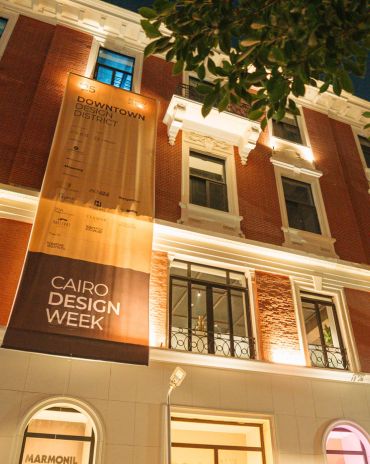Copyright © 2025 Motivate Media Group. All rights reserved.
Flying high! Dyson’s UAE winners
id congratulates the creators of the Air Chair, winner of the of James Dyson Award.
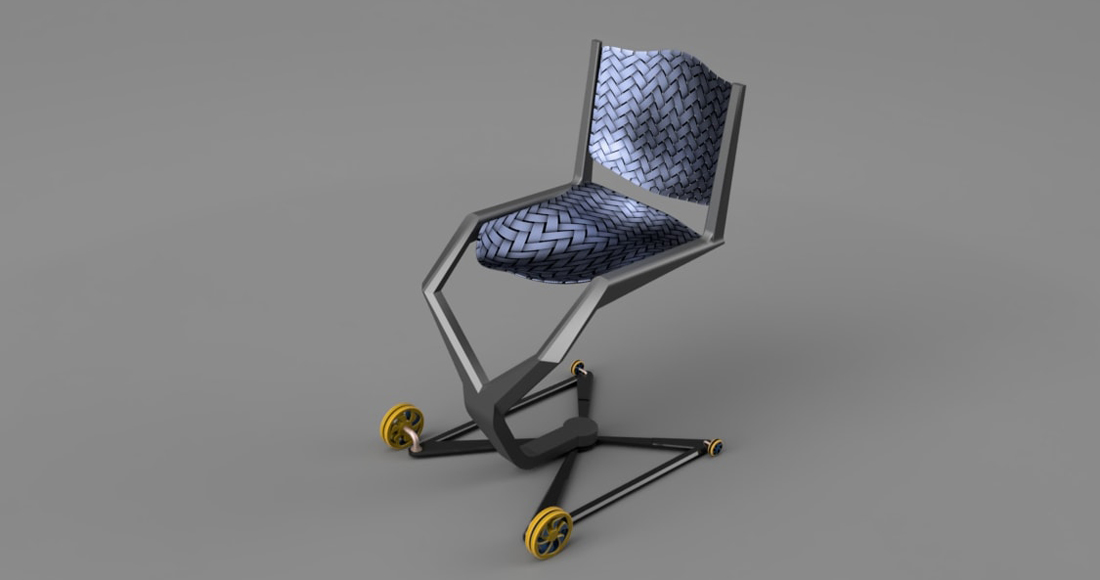
Hosted for the first time in the UAE and Arab Region, the James Dyson Award has attracted many young engineers and innovators. This year’s winners, Aamer Siddiqui and Ali Asgar Salim, were seeking a solution to the problem of air travel for individuals with disabilities. Their creation: Air Chair – a new and improved wheelchair providing ease of access and mobility to disabled air travellers.
This innovative solution enables individuals with disabilities to use one wheelchair for the entire journey, from checking in to landing at their destination, providing comfort and mobility on the flight journey by seamlessly integrating into the aircraft seat.
It can be used like any ordinary wheelchair, electrically or manually inside the airport terminal. On another hand, once in the airplane cabin, the Air Chair is designed to fit the existing seat like a glove by sliding onto it using spherical wheels’ and a ‘C’ shaped design. The integrated locking mechanism which links to the metal bar underneath the seat combined with the seatbelt restricts movements and provides stability during the flight. With this solution, the traveller can use one wheelchair for the entire travel journey. The Air Chair design is also foldable, reducing its height by 64%.
‘Seeing the number of submissions and the motivation of young designers and engineers across the UAE is a testament to the investment the UAE is making in the education system. We’ve seen some great solution addressing global and very relevant problems across different sectors and have been blown away from the creativity and innovation’, said Yousef Mouallem, Managing Director at Dyson MEA.
‘The pool of participants is also an indication of the diversity of the UAE with a melting pot of nationalities taking part in the competition from 7 UAE based universities. I am also happy to see more and more young women participate in these types of competitions and pursue a career in STEM’, he added.
Developed by Aamer Siddiqui, 21 and Ali Asgar Salim, 20, engineering students at the American University of Sharjah, the Air Chair was developed with the inspiration of providing people with disabilities with more comfortable and less humiliating travel experiences. Winning the national leg of the James Dyson Award will inject £2,000 (approx. AED 9,500) into Aamer and Ali’s project which will allow them to run further testing and analyses on their design, leading up to their ambition of building a working prototype and testing it in real time conditions.
Commenting on the award submission, Aamer Siddiqui said: ‘Winning the UAE leg of the James Dyson Award is a huge milestone for us and we are very happy and motivated to be able to invest more time and money into the next phases of our project. Seeing the circumstances in which individuals with disabilities have to travel encouraged us to find a way to give them a more seamless and comfortable experience’.
‘In fact, if you pay attention to current disabled travellers, you will notice that they are very limited in mobility and accessibility and that they are forced to shift seats once they arrive in the aircraft since their wheelchair doesn’t fit between the aisles. The Air Chair solves that issue’, added Ali Asgar Salim.
The Air Chair will progress to the international stage of the James Dyson Award and Aamer and Ali aim to commercialise this product.
The Runners Up
Biometric
Problem: We are living in the 21st century, but the way we control electronic devices around us hasn’t changed much. Still we use a remote to change channels on TV, use a gamepad to control games on consoles and computer, and use switches to control appliances. We have technologies like touchscreen to interact with devices, but a disabled person has very few options to play games on computer, or even simply turn light’s ON.
Solution: ThumbFi – a revolutionary ring that aims to simplify control of various devices by literally bringing control to your fingertips. This technology works by attaching a fingerprint scanner to the user’s thumb which will scan the phalange of the fingers. Each phalange can be assigned to a separate command. All you have to do is touch different sections of your fingers to perform different tasks. It eliminates the need to use different accessories for controlling different appliances. There are various applications of this technology – imagine playing games using only your fingers, a disabled person controlling his wheelchair, a blind person controlling his smartphone (making phone calls, SMS, using apps) with his fingertips.
Lazar
Problem: The energy potential of the sun is immense, but despite this unlimited solar energy resource, harvesting it remains a challenge mainly because of the limited efficiency of the array cells. Although recent breakthroughs in the technology of solar cells shows significant improvement, the maximum solar cell efficiency still falls in the low 20s% range, proving there is still room for improvement.
Solution: LAZAR machine which combines two significant solar cell manufacturing improvements: A laser cutting technique that minimizes potential shunting of solar cells in addition to a corrective step to remove already existing shunts.
The Latest
A New Standard in Coastal Luxury
La Perla redefines seaside living with hand-crafted interiors and timeless architecture
Things to Covet
Here are some stunning, locally designed products that have caught our eye
An Urban Wadi
Designed by Dutch architects Mecanoo, this new museum’s design echoes natural rock formations
Studio 971 Relaunches Its Sheikh Zayed Showroom
The showroom reopens as a refined, contemporary destination celebrating Italian craftsmanship, innovation, and timeless design.
Making Space
This book reclaims the narrative of women in interior design
How Eywa’s design execution is both challenging and exceptional
Mihir Sanganee, Chief Strategy Officer and Co-Founder at Designsmith shares the journey behind shaping the interior fitout of this regenerative design project
Design Take: MEI by 4SPACE
Where heritage meets modern design.
The Choreographer of Letters
Taking place at the Bassam Freiha Art Foundation until 25 January 2026, this landmark exhibition features Nja Mahdaoui, one of the most influential figures in Arab modern art
A Home Away from Home
This home, designed by Blush International at the Atlantis The Royal Residences, perfectly balances practicality and beauty
Design Take: China Tang Dubai
Heritage aesthetics redefined through scale, texture, and vision.
Dubai Design Week: A Retrospective
The identity team were actively involved in Dubai Design Week and Downtown Design, capturing collaborations and taking part in key dialogues with the industry. Here’s an overview.
Highlights of Cairo Design Week 2025
Art, architecture, and culture shaped up this year's Cairo Design Week.

